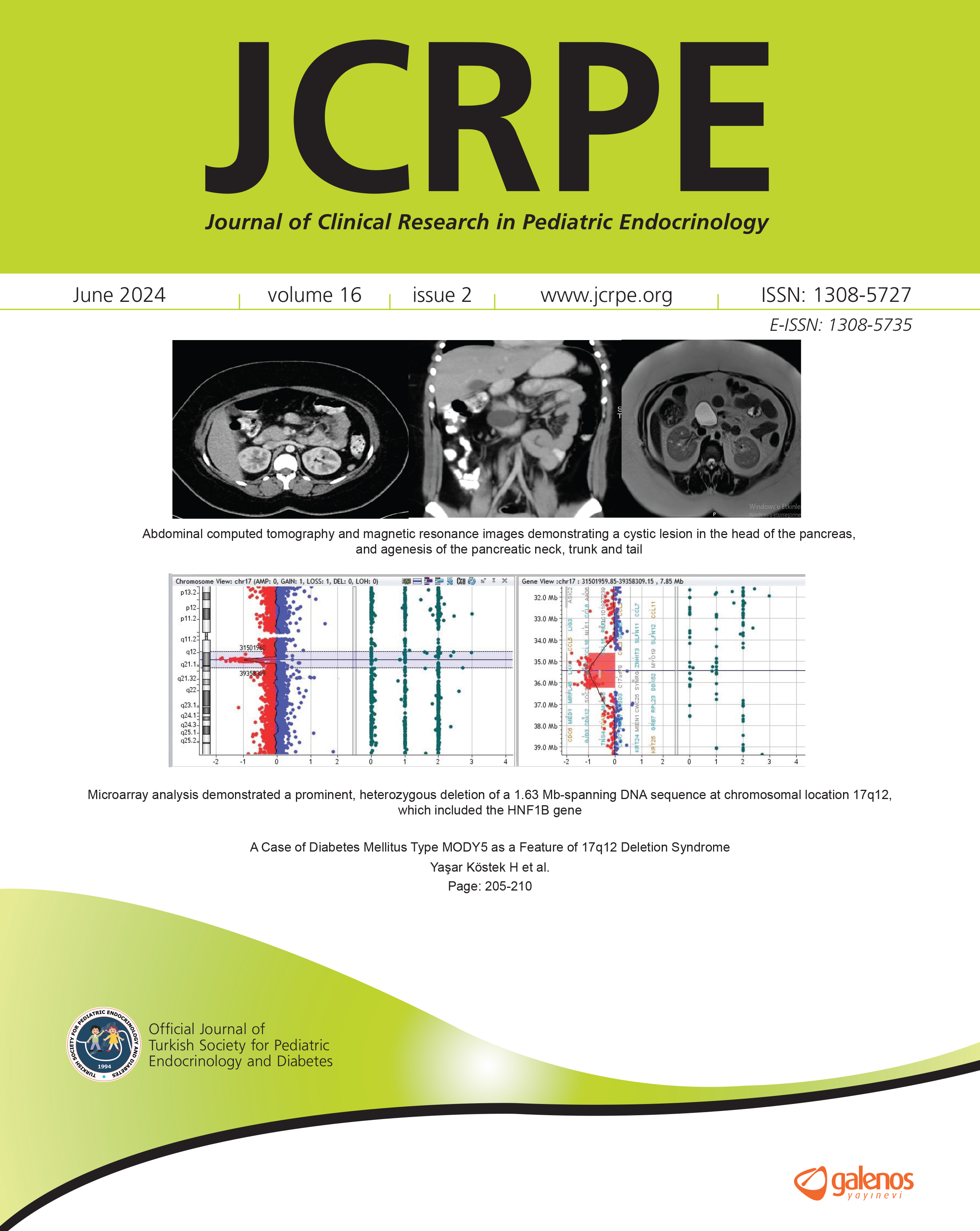Current Treatments for Patients with Genetic Obesity
Nathan Faccioli1, Christine Poitou2, Karine Clément2, Béatrice Dubern11Sorbonne Université, Assistance Publique-Hôpitaux de Paris, Department of Pediatric Nutrition and Gastroenterology, Trousseau Hospital, Paris, France, Sorbonne Université, INSERM, Nutrition and Obesity: Systemic Approaches, NutriOmics, Research Unit, Paris, France and Reference Center for Rare Diseases (PRADORT, Prader-Willi Syndrome and Other Rare Forms of Obesity with Eating Behavior Disorders), Paris, France2Sorbonne Université, INSERM, Nutrition and Obesity: Systemic Approaches, NutriOmics, Research Unit, Paris, France, Reference Center for Rare Diseases (PRADORT, Prader-Willi Syndrome and Other Rare Forms of Obesity with Eating Behavior Disorders), Paris, France and Sorbonne Université, Assistance Publique-Hôpitaux de Paris Nutrition Department, Pitié-Salpêtrière Hospital, Paris, France
Obesity derives from impaired central control of body weight, implying interaction between environment and an individual genetic predisposition. Genetic obesities, including monogenic and syndromic obesities, are rare and complex neuro-endocrine pathologies where the genetic contribution is predominant. Severe and early-onset obesity with eating disorders associated with frequent comorbidities make these diseases challenging. Their current estimated prevalence of 5-10% in severely obese children is probably underestimated due to the limited access to genetic diagnosis. A central alteration of hypothalamic regulation of weight implies that the leptin-melanocortin pathway is responsible for the symptoms. The management of genetic obesity has so far been only based, above all, on lifestyle intervention, especially regarding nutrition and physical activity. New therapeutic options have emerged in the last years for these patients, raising great hope to manage their complex situation and improve quality of life. Implementation of genetic diagnosis in clinical practice is thus of paramount importance to allow individualized care. This review describes the current clinical management of genetic obesity and the evidence on which it is based. Some insights will also be provided into new therapies under evaluation.
Keywords: Genetic obesity, syndromic obesity, personalized medicine, setmelanotideCorresponding Author: Béatrice Dubern, France
Manuscript Language: English



























